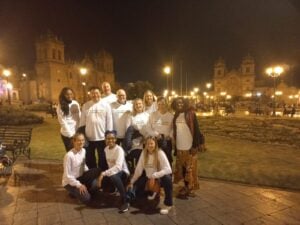Hey there! Are you someone who loves to travel and explore new places? Are you also passionate about making a positive impact in the world? If so, then you’ve come to the right place! In this article, we will be diving into the exciting world of mindful volunteering while traveling.
Traveling with purpose has become a popular trend among globetrotters who want to go beyond just sightseeing and immerse themselves in meaningful experiences. Mindful volunteering allows you to contribute your time and skills to communities in need while also gaining a deeper understanding of the local culture and making long-lasting connections.
In this article, we will explore what mindful volunteering is and why it is important, as well as provide tips on how to choose the right volunteer program and prepare for your journey. We will also discuss how to make a positive impact, embrace challenges and personal growth, and ensure ethical volunteering practices. So, let’s get started on this exciting journey of traveling with purpose!
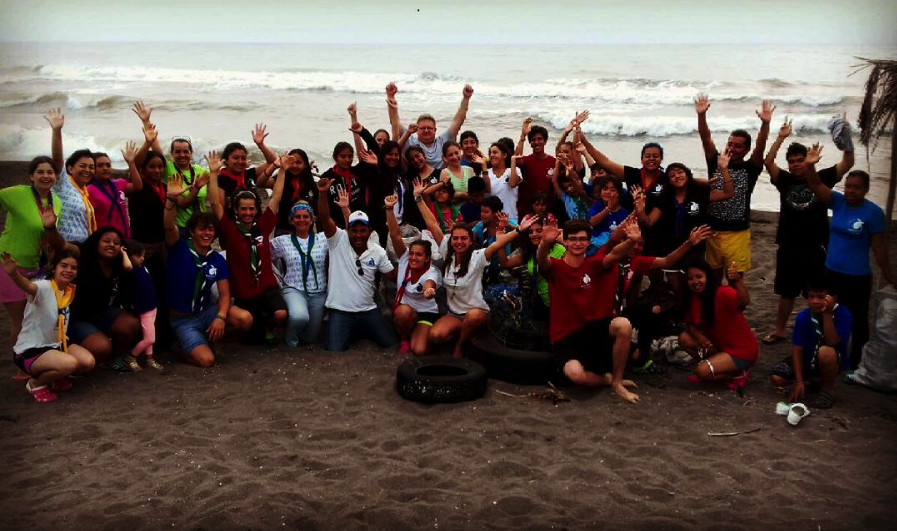
Understanding Mindful Volunteering
When it comes to making a positive impact on the world, volunteering can be an incredibly rewarding experience. It allows you to contribute your skills and time to a cause that you care about, while also immersing yourself in a different culture and gaining a new perspective on life. One approach to volunteering that has been gaining traction in recent years is mindful volunteering. But what exactly does this term mean, and why is it important? Let’s explore.
Defining Mindful Volunteering
At its core, mindful volunteering is about approaching volunteer work with intention and mindfulness. It involves being fully present and engaged in the experience, rather than simply going through the motions. It means being conscious of the impact you are making, both on the community you are serving and on yourself.
Importance of Mindful Volunteering
Mindful volunteering has a range of benefits, both for the volunteer and the project or community being supported. Here are a few reasons why it’s worth considering:
- Authentic connections: By being fully present and engaged, mindful volunteers have the opportunity to build meaningful relationships with the local community. This can lead to a deeper understanding of the issues at hand and more effective collaborations.
- Greater impact: Mindful volunteers take the time to understand the specific needs of the community they are serving. This enables them to contribute in a way that is truly beneficial, rather than guessing or imposing their own ideas.
- Personal growth: Mindful volunteering can be a transformative experience. It challenges you to step outside your comfort zone, develop new skills, and gain a broader perspective on the world. This personal growth can have a lasting impact on your life beyond the volunteer project.
- Sustainable change: Mindful volunteering focuses on implementing sustainable solutions that have a long-term impact. Rather than providing short-term Band-Aid solutions, it seeks to address the root causes of social and environmental issues.

In summary, mindful volunteering is about being present, purposeful, and mindful in your approach to volunteer work. It has the potential to create more meaningful connections, make a greater impact, foster personal growth, and bring about sustainable change.
“Volunteering mindfully is not only about helping others but also about enriching your own life in the process.”
Choosing the Right Volunteer Program
When it comes to choosing the right volunteer program, it’s essential to find one that aligns with your skills, interests, and values. Here are some key considerations to help you make the best decision:
Researching Volunteer Organizations:
Before committing to a volunteer program, take the time to thoroughly research the organizations you are interested in. Here are a few factors to consider:
- Reputation and credibility: Look for organizations with a strong reputation for their work and positive feedback from past volunteers. Online reviews and testimonials can provide valuable insights.
- Mission and impact: Understand the organization’s mission and the specific impact they aim to make in the community. Ensure that their goals align with your own values and aspirations.
- Transparency: Find out how the organization allocates funds and resources. Look for transparency in their financial reports or annual reports to ensure that your time and donations are being used effectively.
Matching Your Skills and Interests:
Consider your own skills, interests, and passions when choosing a volunteer program. By selecting an opportunity that aligns with your strengths, you can make a more substantial impact and have a more fulfilling experience. Ask yourself the following questions:
- What are your skills and expertise?: Identify your unique talents and find opportunities that allow you to utilize them. For example, if you have a teaching background, you may want to consider programs that involve teaching or education.
- What causes are close to your heart?: Think about the social or environmental issues that resonate with you. Whether it’s wildlife conservation or community development, find a program that addresses those concerns.
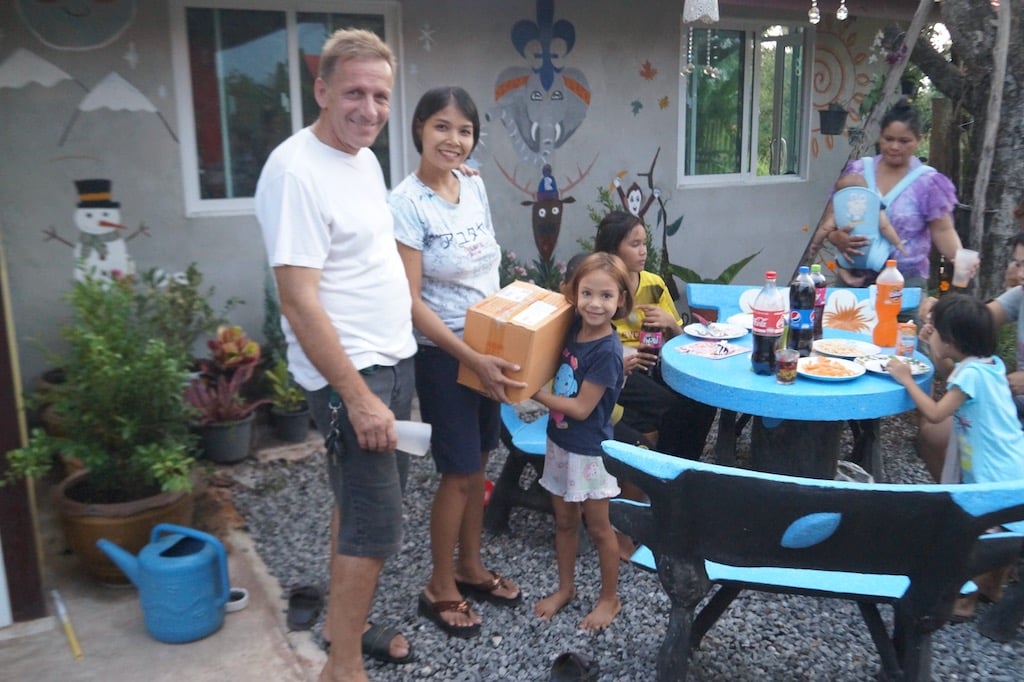
Considering Ethical and Sustainable Practices:
When choosing a volunteer program, it’s crucial to ensure that the organization follows ethical and sustainable practices. Here’s what to look for:
- Community involvement: Check if the organization actively involves the local community in their projects. Sustainable volunteer programs should empower local people and respect their knowledge and culture.
- Long-term impact: Look for programs that have a long-term approach, focusing on sustainable solutions rather than short-term fixes. Find out if they have measures in place to ensure that their efforts continue even after volunteers leave.
- Environmental responsibility: If environmental conservation is important to you, seek programs that promote eco-friendly practices. This may include initiatives like waste management, reforestation, or sustainable farming.
By carefully researching and choosing the right volunteer program, you can ensure that your efforts make a positive and meaningful impact. Remember, volunteering is not just about giving your time; it’s about making a difference in a way that aligns with your values and creates lasting change.
Preparing for Your Volunteer Journey
Embarking on a volunteer journey can be an exciting and fulfilling experience. It’s an opportunity to make a positive impact, immerse yourself in new cultures, and develop valuable skills. However, before you set off on your adventure, it’s essential to adequately prepare. Here are some important steps to take to ensure a successful and rewarding volunteer journey:
Gaining Cultural Awareness
Before traveling to your volunteer destination, take some time to learn about the local culture, customs, and traditions. This knowledge will help you navigate your new surroundings more easily and show respect to the local community. Here’s how you can gain cultural awareness:
- Read books or watch documentaries about the country’s history, traditions, and societal norms.
- Familiarize yourself with the local etiquette, such as appropriate greetings and gestures.
- Learn about the local cuisine, dress code, and any taboos or sensitive topics to avoid.
Learning Basic Local Language
While it’s not always necessary to be fluent in the local language, learning a few key phrases can go a long way in building connections and showing respect to the local community. Here are some tips for learning basic local language:
- Download a language learning app or use online resources to practice common phrases.
- Take a language course or find a language exchange partner to practice speaking with.
- Carry a pocket-sized phrasebook for quick reference during your volunteer work.
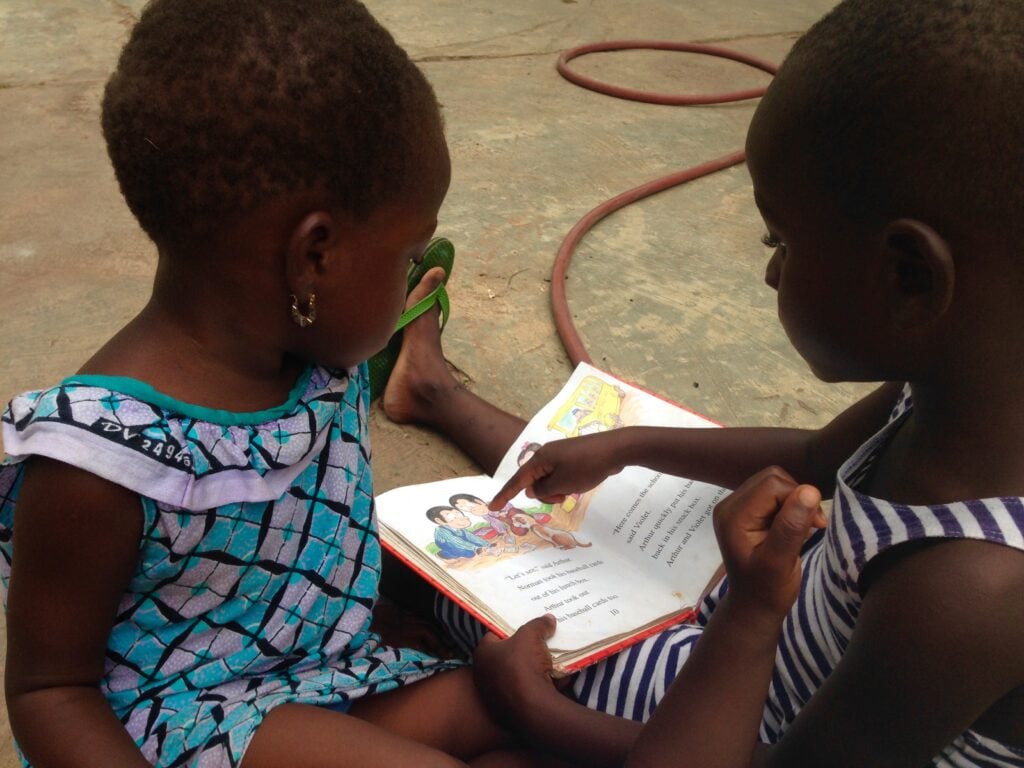
Organizing Travel Logistics
When planning your volunteer journey, it’s important to take care of your travel logistics to ensure a smooth and stress-free experience. Here are some steps to consider:
- Research visa requirements and necessary travel documents for your destination.
- Book your flights well in advance to secure the best deals.
- Arrange travel insurance to protect yourself against unforeseen circumstances.
- Create a detailed itinerary that includes transportation, accommodation, and contact information for your volunteer organization.
Remember, thorough preparation is key to making the most of your volunteer journey. By gaining cultural awareness, learning basic local language, and organizing travel logistics in advance, you’ll be well-equipped to embrace the opportunities and challenges that lie ahead.
“Traveling – it leaves you speechless, then turns you into a storyteller.” – Ibn Battuta
Making a Positive Impact
When you embark on a mindful volunteering journey, one of the most rewarding aspects is the opportunity to make a positive impact in the local community. By actively engaging with the needs of the community and working towards sustainable solutions, you can create lasting change that benefits both the people and the environment. Here are a few key ways to make a positive impact through mindful volunteering:
Understanding the Local Community’s Needs
Before you begin your volunteering journey, it’s essential to take the time to understand the specific needs of the local community you’ll be working with. This involves conducting thorough research and engaging in conversations with local organizations and community members. By gaining insights into the challenges they face and the areas where they require assistance, you can tailor your efforts towards making the most significant impact.
Collaborating with Local Organizations
One of the most effective ways to make a positive impact is by collaborating with local organizations that are already working towards long-term solutions in the community. These organizations have a deep understanding of the local context and can provide valuable guidance and support. By joining forces with them, you can leverage their expertise and resources to ensure that your efforts are aligned with the community’s needs and are carried out in a sustainable manner.
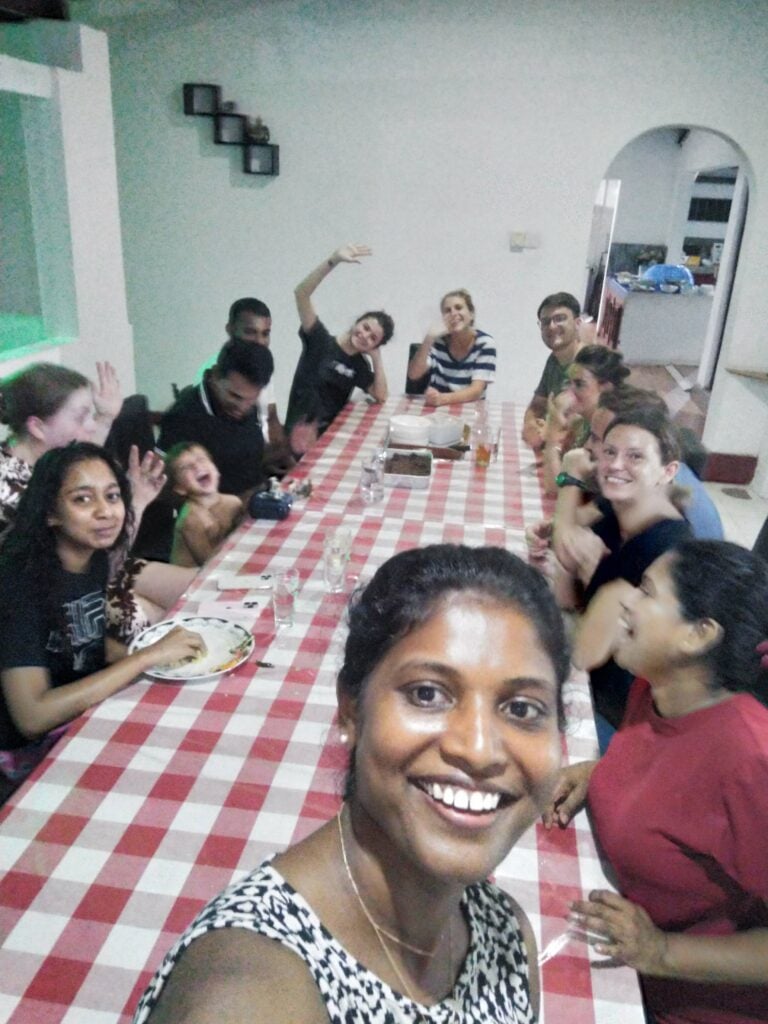
Implementing Sustainable Solutions
When engaging in mindful volunteering, it’s crucial to prioritize sustainability and focus on long-term solutions rather than quick fixes. Instead of simply providing short-term aid, consider how you can empower the local community to become self-sufficient and thrive in the long run. This may involve initiatives like education and skill development programs, environmental conservation efforts, or supporting local businesses and cooperatives. By investing in sustainable solutions, you can create a lasting positive impact that extends beyond your time as a volunteer.
“Volunteering is the ultimate exercise in democracy. You vote in elections once a year, but when you volunteer, you vote every day about the kind of community you want to live in.” – Unknown
By making a positive impact through mindful volunteering, you not only contribute to the betterment of the community but also inspire others to take action. Your efforts can serve as a catalyst for change and encourage local residents, volunteers, and organizations to collaborate and work towards a brighter future. Remember, even small actions have the power to make a significant difference when carried out with intention and compassion. So, embrace your role as a changemaker and unleash the transformative power of mindful volunteering!
Embracing Challenges and Growth
Embarking on a volunteer journey is no easy feat. It requires a willingness to step out of your comfort zone and embrace new challenges. But it is through these challenges that you will experience immense personal growth and development. Here are some key aspects to consider as you navigate through the journey of embracing challenges and growth during your mindful volunteering experience:
Cultural Adaptation and Sensitivity
- Open your mind: Embrace the differences in culture, traditions, and ways of life that you may encounter. Take the time to learn about the local customs and traditions before you arrive. This will help you better understand and appreciate the local culture.
- Be respectful: Respect the local customs, traditions, and etiquette. Show sensitivity towards topics that may be considered taboo or offensive in the local culture. Remember, you are a guest in their community, and it is essential to adapt to their customs and practices.
- Practice empathy: Put yourself in the shoes of the local community members. Try to understand their perspectives, challenges, and aspirations. This will help you build a deeper connection and develop a sense of empathy towards the community you are serving.
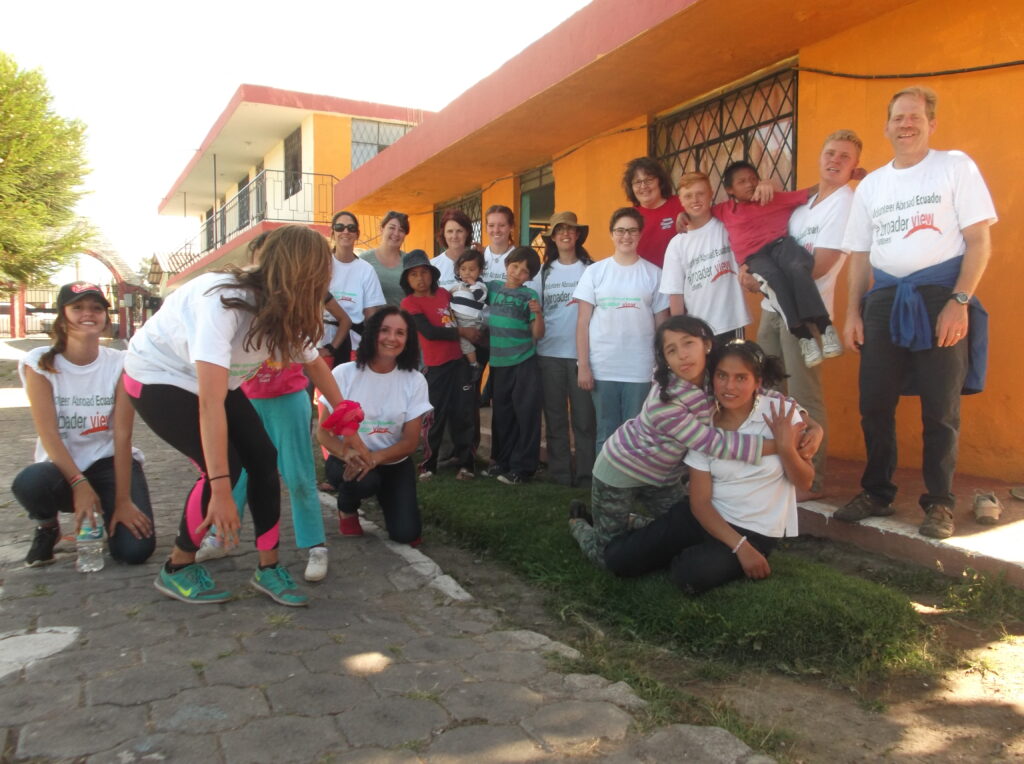
Building Resilience
- Expect the unexpected: Volunteering abroad can come with unforeseen challenges and obstacles. Whether it’s a language barrier, unexpected weather changes, or logistical issues, it’s important to stay calm and adapt to the situation.
- Develop problem-solving skills: Embrace the challenges as opportunities to develop your problem-solving skills. Look for creative solutions, seek help from fellow volunteers or local community members, and don’t be afraid to think outside the box.
- Stay positive: Volunteering can be physically and emotionally demanding. It’s crucial to maintain a positive mindset and focus on the impact you are making. Surround yourself with positive-minded volunteers, practice self-care, and find joy in the small victories along the way.
Personal Development
- Discover your strengths and weaknesses: Volunteering provides an opportunity to discover your strengths and areas for growth. Embrace the chance to push yourself outside of your comfort zone and develop new skills.
- Enhance your communication skills: Engaging with individuals from different backgrounds and cultures will enhance your communication skills. Learn to communicate effectively, listen actively, and adapt your communication style to connect with others.
- Cultivate a growth mindset: Approach every challenge as a learning opportunity. Embrace feedback, learn from your mistakes, and continually seek ways to grow and improve personally and professionally.
Remember, the challenges you face during your volunteer journey are not roadblocks but stepping stones towards personal growth. Embrace these challenges with an open mind, a positive attitude, and a willingness to learn. By doing so, you’ll not only make a significant impact on the community you serve but also transform yourself in the process.
The Importance of Reflection
When embarking on a volunteering journey, it’s easy to get caught up in the excitement of new experiences and making a positive impact. However, taking the time to reflect on your experiences is a crucial part of the volunteering process. Reflection allows you to process and integrate what you’ve learned, and it plays an essential role in personal growth and continuous learning.
Processing and Integrating Experiences
Reflecting on your volunteering experiences helps you make sense of what you’ve encountered and the emotions that arose during your time abroad. It gives you the opportunity to process and understand the challenges, successes, and the impact you’ve had on the community you worked with.
By taking the time to reflect on your experiences, you can deepen your understanding of the cultural, social, and environmental issues affecting the community. Reflection allows you to connect the dots between theory and practice, translating your experiences into meaningful insights that can inform your future actions.
Utilizing Reflection for Continuous Learning
Volunteering is a learning experience, and reflection is an essential tool for maximizing that learning. When you reflect on your experiences, you can identify areas where you’ve grown, skills you’ve developed, and knowledge you’ve gained. This self-awareness can be used to shape your future volunteer work, as well as your personal and professional growth.
Reflection also allows you to identify areas where you may have faced challenges or made mistakes. By acknowledging these areas, you can learn from them and make improvements in your future volunteering endeavors. It’s through reflection that you can become a more effective and impactful volunteer.
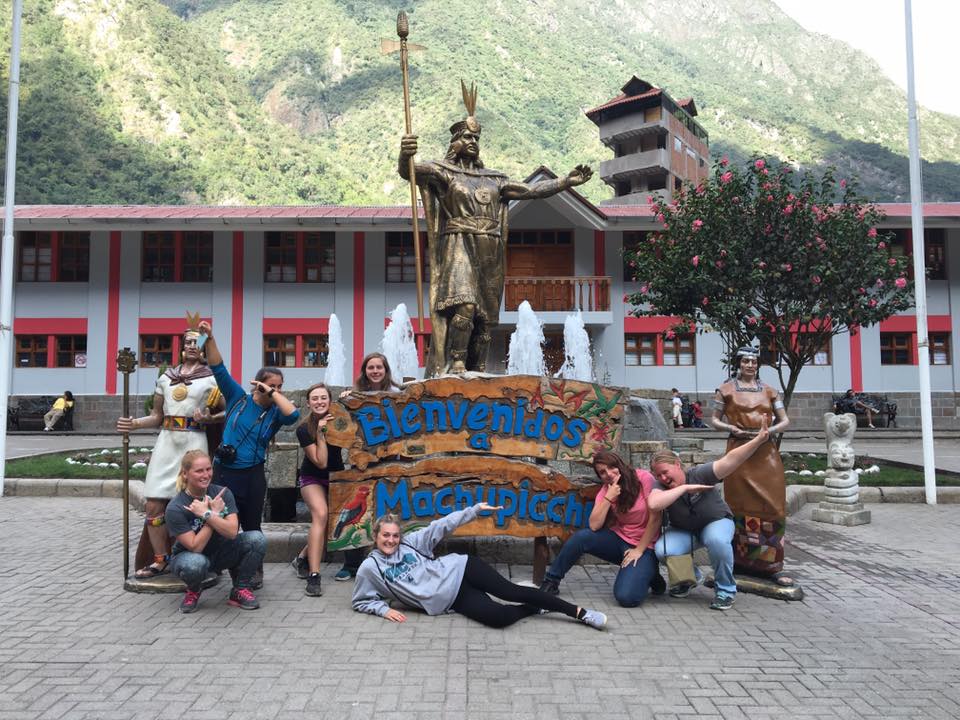
Sharing Stories and Inspiring Others
Reflection is not only a personal process but also a way to share your experiences and inspire others. By sharing stories of your volunteer journey, you can educate and raise awareness about the issues you encountered during your time abroad. Your reflections can inspire others to get involved in volunteering or even spark conversations about social and environmental change.
Whether it’s through blog posts, social media updates, or conversations with friends and family, sharing your reflections on your volunteering experience can have a ripple effect. It can motivate others to take action and make a difference in their own unique ways.
“Sometimes, we need to reflect on the past to understand the future and make the present more impactful.” – Unknown
In conclusion, reflection is an integral part of the volunteering experience. It allows you to process and integrate your experiences, utilize them for continuous learning, and share your stories to inspire others. So, take the time to reflect on your volunteering journey, and unleash the full power of your experiences.
Creating Long-lasting Connections
One of the most rewarding aspects of volunteering abroad is the opportunity to create long-lasting connections with the local community, fellow volunteers, and organizations. These connections go beyond the duration of your volunteer journey and can have a lasting impact on your life.
Building Relationships with Locals
When volunteering abroad, you have the chance to interact and build relationships with locals. This gives you a unique insight into their culture, traditions, and way of life. By immersing yourself in the community, you can gain a deeper understanding of their challenges, aspirations, and perspectives.
Tips for building relationships with locals:
- Be respectful: Show respect for the local customs, traditions, and values. This will help you build trust and establish a connection with the locals.
- Be open-minded: Embrace cultural differences and be willing to learn from the locals. This will foster a sense of mutual understanding and appreciation.
- Engage in conversations: Strike up conversations with the locals, whether it’s during your volunteer work or in your free time. Ask them about their lives, interests, and experiences.
- Participate in community events: Join community events, festivals, or gatherings. This will allow you to actively engage with the locals and be a part of their celebrations.
- Support local businesses: Choose to buy from local markets, restaurants, and shops. By supporting local businesses, you contribute to the local economy and show your commitment to the community.
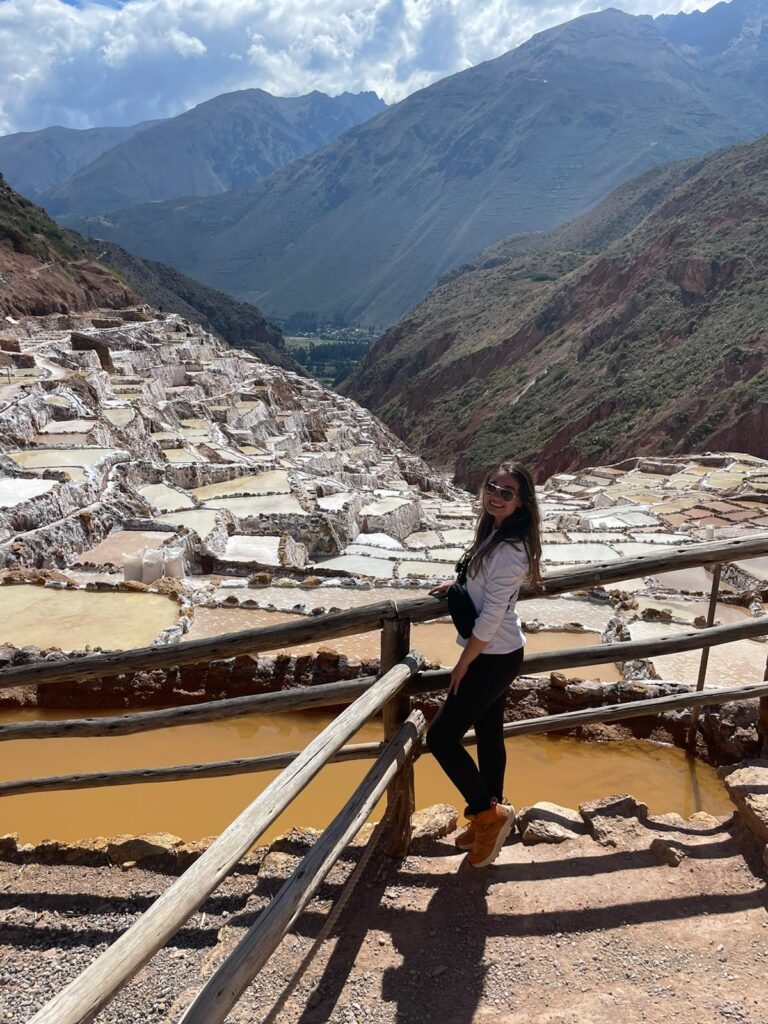
Bonding with Fellow Volunteers
Volunteering abroad also provides an opportunity to bond with other volunteers who share a similar passion for making a difference. These fellow volunteers come from diverse backgrounds, bringing their unique skills, perspectives, and stories. Bonding with them can create lifelong friendships and a network of like-minded individuals.
Tips for bonding with fellow volunteers:
- Participate in group activities: Take part in group activities organized by the volunteer program. This could be team-building exercises, social events, or outings. It gives you a chance to get to know your fellow volunteers in a relaxed setting.
- Share experiences and stories: Take the time to listen to the experiences and stories of other volunteers. Share your own experiences as well. This exchange of stories can create a strong bond and a sense of camaraderie.
- Collaborate on projects: Engage in joint projects with other volunteers. This collaboration fosters teamwork, problem-solving, and strengthens connections.
- Support each other: Offer support and encouragement to fellow volunteers. Volunteering can be emotionally and physically challenging at times, and having a support system can make a world of difference.
- Stay in touch: After your volunteer journey ends, make an effort to stay in touch with your fellow volunteers. Social media platforms, email, or even occasional meet-ups can help maintain those connections.
Maintaining Ongoing Engagement
Volunteering abroad should not be a one-time experience. It can be the start of a lifelong commitment to making a positive impact. Maintaining ongoing engagement with the community and the volunteer program allows you to continue the work you started.
Tips for maintaining ongoing engagement:
- Stay updated: Keep yourself informed about the progress and developments in the community you volunteered in. Follow the volunteer program’s newsletters, social media pages, or blogs to stay connected.
- Support from afar: Find ways to support the community from afar. This could include fundraising initiatives, raising awareness about the community’s plight, or advocating for their needs.
- Return visits: If possible, plan return visits to the community you volunteered in. This shows your continued commitment and strengthens your connection with the locals.
- Share your experience: Share your volunteering experience with others to inspire and encourage them to get involved. You can write blogs, give presentations, or participate in outreach events to spread the word about your experience and the impact of volunteering.
- Explore other volunteer opportunities: Look for additional volunteering opportunities in your local community or in other parts of the world. By continuing to volunteer, you can continue to create connections and make a difference.
Volunteering abroad allows you to create long-lasting connections that transcend borders and time. These connections enrich your life, broaden your perspective, and remind you of the power of human connection. So, let the meaningful relationships and friendships you form during your volunteer journey be the foundation for a lifetime of purposeful engagement.
Ensuring Ethical Volunteering Practices
When engaging in volunteer work, it is important to ensure that your efforts are ethical and contribute to the well-being of the local community. By adopting ethical volunteering practices, you can make a positive impact while avoiding the negative consequences that can arise from unethical practices. Here are some key considerations to keep in mind when volunteering:
Avoiding Voluntourism Pitfalls
- What is voluntourism? Voluntourism refers to the combination of volunteering and tourism, where individuals participate in short-term volunteer projects while also exploring a destination as tourists.
- The potential risks: While voluntourism can provide meaningful experiences, it can also have negative impacts. Some risks associated with voluntourism include:
- Dependency: When short-term volunteers come and go, it can create a cycle of dependency within the community, where locals rely on volunteers instead of developing sustainable solutions.
- Lack of meaningful impact: Voluntourism projects may not address the real needs of the community, and the work done may not have a long-lasting impact.
- Cultural insensitivity: Volunteers who lack cultural awareness and knowledge may inadvertently disrespect local customs and traditions.
- Choosing responsible organizations: To avoid voluntourism pitfalls, it is crucial to research and select volunteer organizations that prioritize responsible and ethical practices. Look for organizations that:
- Have a long-term commitment: Choose organizations that are committed to supporting and empowering the local community in the long run.
- Provide skill-based opportunities: Seek out volunteer programs that prioritize the skills and expertise of volunteers, ensuring that their efforts align with the community’s needs.
- Encourage cultural exchange: Look for organizations that promote cultural understanding and strive to educate volunteers about the local culture and customs.
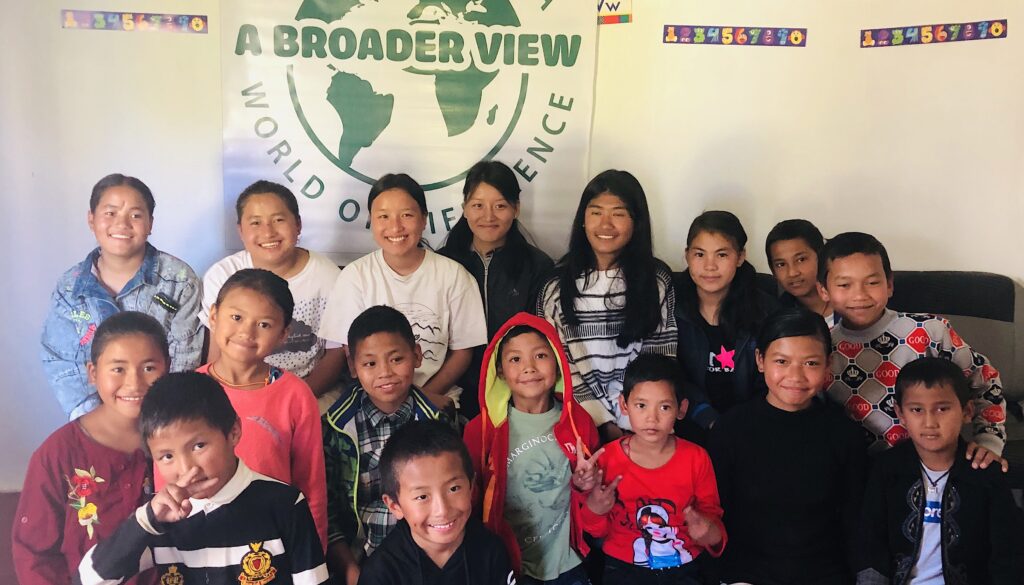
Respecting Local Customs and Traditions
- Cultural sensitivity: When volunteering abroad, it is essential to approach local customs and traditions with respect and sensitivity. Here’s how you can ensure cultural respect:
- Do your research: Before embarking on your volunteer journey, familiarize yourself with the local customs, traditions, and social norms of the community you will be working with.
- Observe and learn: Take the time to observe and learn from the local community members. Show a genuine interest in their way of life, and be open to adapting your behavior to align with their cultural practices.
- Dress appropriately: Dressing modestly and conforming to local dress codes is a sign of respect for the community’s cultural values. It is important to avoid clothing that may be considered offensive or inappropriate.
Promoting Sustainable Tourism
- What is sustainable tourism? Sustainable tourism aims to minimize negative impacts on the environment and local communities while promoting responsible travel and cultural preservation.
- Supporting local businesses: When volunteering abroad, make an effort to support local businesses and services. This includes staying in locally-owned accommodations, eating at local restaurants, and purchasing souvenirs from local artisans.
- Reducing environmental impact: Take steps to minimize your environmental footprint while volunteering. This can include conserving water and electricity, properly disposing of waste, and avoiding single-use plastics.
- Educating others: Share your knowledge and experiences about sustainable tourism with fellow volunteers and travelers. By raising awareness and promoting responsible travel practices, you can help create a more sustainable future for the destinations you visit.
By ensuring ethical volunteering practices, you can have a meaningful and positive impact on the community you are working with. Remember to prioritize research, cultural sensitivity, and sustainability to contribute to the betterment of the local community while creating a rewarding experience for yourself.
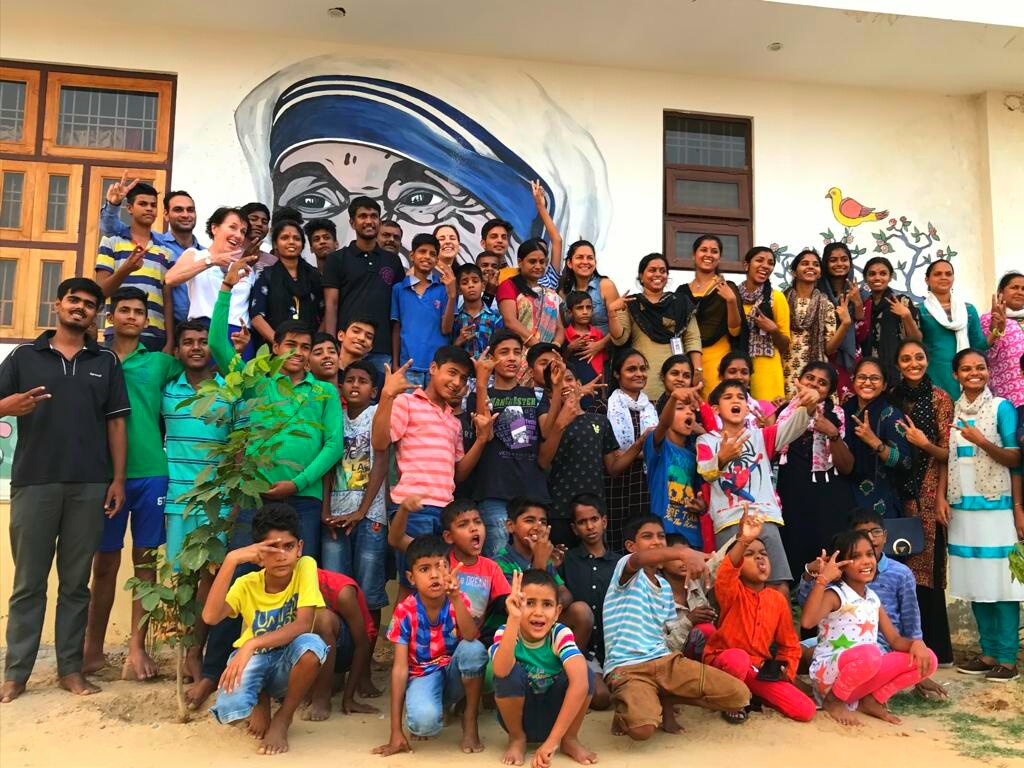
Conclusion
Engaging in mindful volunteering can be a transformative experience that not only allows you to make a positive impact on local communities but also fosters personal growth and cultural exchange. By choosing the right volunteer program, preparing yourself adequately, and embracing the challenges that come your way, you can make the most out of your volunteer journey.
Throughout your volunteering experience, take the time to reflect on your experiences and learn from them. This reflection will not only help you process your emotions but also contribute to continuous personal development. By sharing your stories and inspiring others, you can create a ripple effect of positive change that extends beyond your volunteering journey.
Additionally, don’t underestimate the power of building connections with locals and fellow volunteers. These relationships can be long-lasting and create a network of support and collaboration for future initiatives. By maintaining ongoing engagement, you can ensure that your impact is sustainable and continues to make a difference long after your volunteer journey ends.
As you embark on your mindful volunteering journey, remember the importance of ethical practices. Avoid voluntourism pitfalls by conducting thorough research on volunteer organizations and ensuring that your actions align with the needs and values of the local community. Respect their customs and traditions and promote sustainable tourism practices to minimize negative impacts on the environment.
At A Broader View Volunteers, we believe in the power of mindful volunteering to create meaningful and life-changing experiences for both volunteers and local communities. We offer a wide range of volunteer programs across Africa, Asia, Central America, and South America, with a strong emphasis on cultural exchange, community development, and sustainable projects. Join us in unleashing the power of mindful volunteering and make a difference in the world.
To learn more about our volunteer programs and how you can get involved, visit us at www.abroaderview.org.
Remember, every small action can create a big impact. Start your mindful volunteering journey today!
Frequently Asked Questions
- What is mindful volunteering?
Mindful volunteering is a practice where individuals engage in volunteer activities with intention, awareness, and compassion. It involves deeply connecting with the community and environment, understanding the local context, and making a positive impact.
- Why is mindful volunteering important?
Mindful volunteering allows individuals to contribute meaningfully to the community they are serving. It helps raise awareness about social and environmental issues, foster cultural exchange, develop empathy, and promote personal growth and well-being.
- How can I find mindful volunteering opportunities?
You can find mindful volunteering opportunities through research and networking. Look for reputable volunteer organizations, non-profits, or NGOs that align with your interests and values. Websites and platforms dedicated to volunteer travel can also provide valuable information.
- What are the benefits of traveling with purpose through mindful volunteering?
Traveling with purpose through mindful volunteering offers numerous benefits. It allows you to gain a deeper understanding of foreign cultures, make a positive impact on communities in need, develop new skills, build relationships, and create lifelong memories and personal growth.
- How can I ensure that my mindful volunteering experience is ethical and sustainable?
To ensure ethical and sustainable mindful volunteering, research and choose organizations that have a transparent and responsible approach to volunteering. Consider factors such as community involvement, local empowerment, long-term impact, cultural sensitivity, and environmental sustainability.
-
Safe Solo Volunteering Abroad | Empowerment FemalesThrough Service with ABV

Embrace the adventure of a lifetime with ABV’s supported solo volunteering programs. Create lasting friendships, make a real difference, and explore the world safely under a supportive umbrella. Recommend Peru, Ecuador, Colombia, and more. Table of Contents Introduction to ABV and Solo Volunteering Traveling solo can be a thrilling yet daunting endeavor. A Broad View…
-
Empowerment Through Sustainable programs: Volunteer Opportunities in Peru Cusco
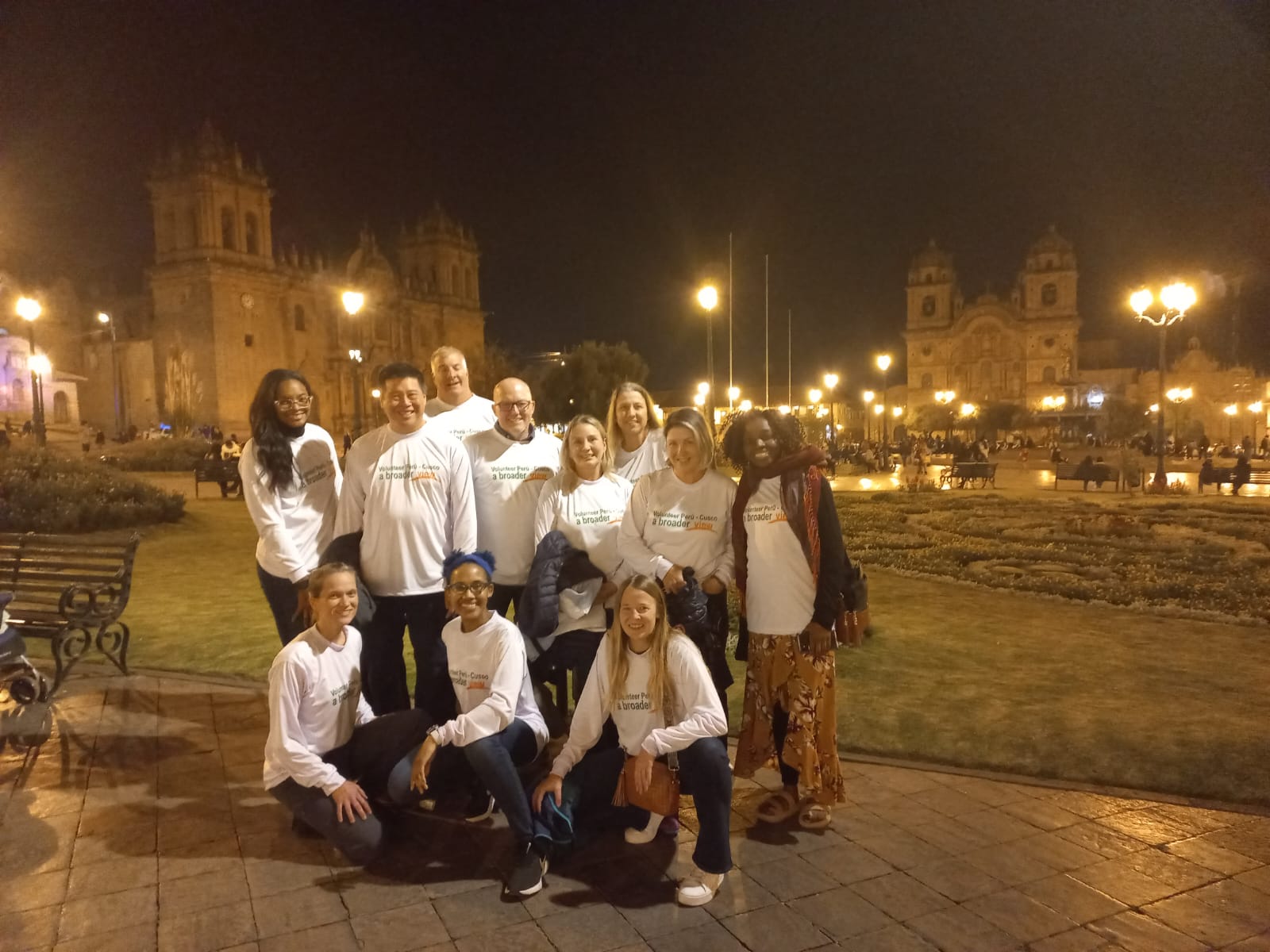
Discover empowering volunteer opportunities in Peru Cusco with www.abroaderview.org. Support sustainable programs and make a positive impact while gaining valuable experiences.
-
Midwives & Obstetricians: Empower Mothers & Babies Abroad

Discover how midwives and obstetricians from abroad can empower mothers and babies through the programs offered by www.abroaderview.org. Make a difference today.



